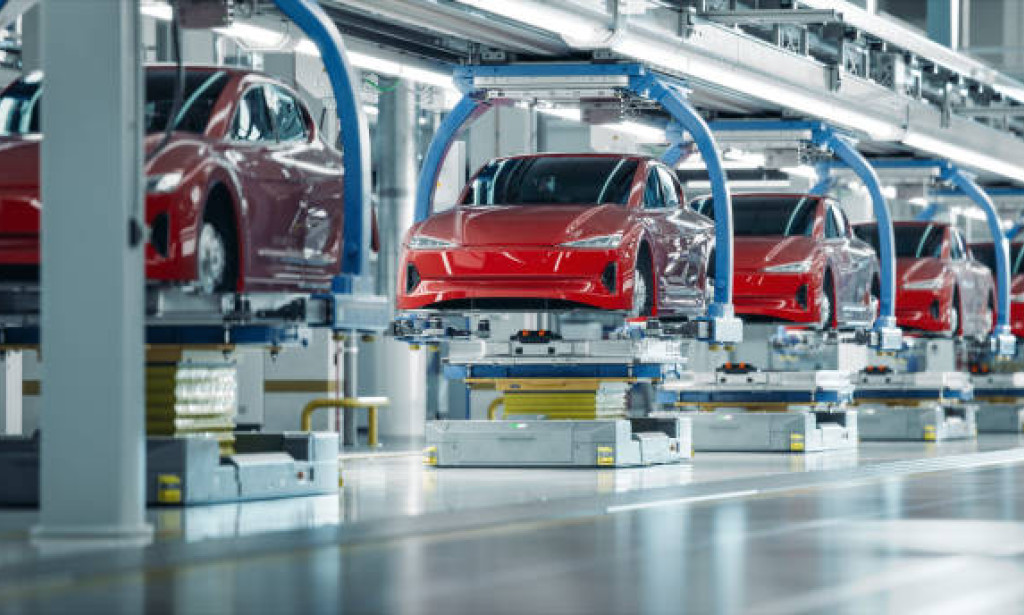The Rise of Electric Vehicles: Are We Ready?
The global shift towards electric vehicles (EVs) is no longer a futuristic dream—it’s happening now. With governments pushing for sustainability, automakers investing billions in EV technology, and consumers increasingly choosing electric over gasoline-powered cars, the transition seems inevitable. But the real question remains: Are we truly ready for an EV-dominated world?
The Acceleration of EV Adoption
Over the past decade, EV sales have surged, driven by advancements in battery technology, lower manufacturing costs, and increasing environmental awareness. In 2023, EVs accounted for nearly 14% of global car sales, a figure expected to rise significantly in the coming years. Governments worldwide are setting ambitious targets, with countries like Norway aiming to phase out gasoline and diesel cars completely by 2025.
Major automakers, from Tesla and Ford to Volkswagen and Toyota, are rapidly expanding their EV lineups. The shift isn’t just about passenger cars; commercial vehicles, buses, and even electric semi-trucks are entering the market.
Challenges Facing the EV Revolution
Despite the momentum, the widespread adoption of EVs faces several challenges:
1. Charging Infrastructure
One of the biggest hurdles to EV adoption is the availability of charging stations. While urban areas have seen an increase in charging networks, rural regions still lack sufficient infrastructure. Long-distance travel can be a concern for EV owners who need reliable fast-charging stations along highways.
2. Power Grid Capacity
As more EVs hit the roads, energy demand will rise. The question is whether existing power grids can handle this surge. Many grids, especially in older systems, may struggle with sudden increases in electricity consumption, leading to potential blackouts or reliability issues.
3. Battery Production and Recycling
Lithium-ion batteries power most EVs, but their production requires rare minerals like lithium, cobalt, and nickel—resources that are limited and often mined under questionable labor conditions. Additionally, the challenge of recycling used batteries remains a concern, as improper disposal can lead to environmental harm.
4. Affordability and Consumer Hesitation
Although EV prices are decreasing, they still tend to cost more upfront than traditional gasoline vehicles. Government incentives help, but many consumers remain hesitant due to range anxiety (fear of running out of battery) and concerns about battery longevity.
The Road Ahead: Solutions and Innovations
Expanding Charging Networks
Governments and private companies are investing heavily in charging infrastructure. Wireless and ultra-fast charging technologies are emerging, making EV ownership more convenient.
Smarter Energy Management
Integrating EVs with renewable energy sources like solar and wind could help stabilize power grids. Vehicle-to-grid (V2G) technology allows EVs to store and return electricity to the grid when needed.
Battery Advancements
Research is ongoing to develop solid-state batteries, which promise higher energy density, faster charging times, and longer lifespans. Companies are also working on sustainable battery recycling methods to reduce environmental impact.
More Affordable Models
As battery costs decline and competition grows, more budget-friendly EVs are entering the market, making them accessible to a broader audience.
Conclusion: A Promising Yet Challenging Future
The rise of electric vehicles marks a significant step toward a cleaner and more sustainable future. However, challenges like charging infrastructure, energy grid limitations, and battery production must be addressed to ensure a smooth transition. With continued innovation, investment, and policy support, the EV revolution can overcome these barriers and redefine the future of transportation.
Are we ready for an all-electric futur
e? Not entirely—but we’re getting closer every day.


You must be logged in to post a comment.